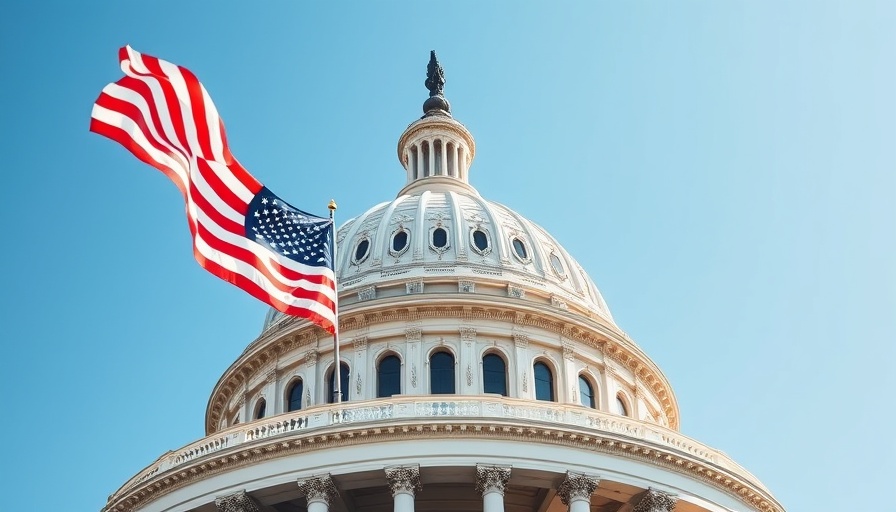
The Critical Role of Medicaid in Care for Seniors
As Congress deliberates on the Fiscal Year 2025 budget, the implications of proposed Medicaid cuts are sending ripples of concern throughout communities nationwide. For older adults, Medicaid is more than just a healthcare program; it is a lifeline that supports their ability to age gracefully and with dignity. Among the 13 million dual eligibles that rely on both Medicare and Medicaid, nearly half are over the age of 65. Cuts to this essential program threaten vital services like home health care and transportation to medical appointments that allow seniors to maintain their independence and quality of life.
Services That May Face Cuts
The potential budget cuts, amounting to an alarming $880 billion, mean that essential Medicaid services may be reduced or in some cases, entirely eliminated. This includes crucial assistance for home care aides, medication support, and services that cater to mental health and rehabilitation needs. Given that the average older adult often requires these services to remain at home rather than in nursing facilities, the risk of increased institutionalization looms heavily.
The Human Impact
Many older adults rely heavily on family caregivers for support, often making sacrifices in their careers to provide that care. This segment of family caregivers also benefits significantly from Medicaid. If funding is cut, it not only impacts direct beneficiaries but extends to families, many of whom are already struggling with work-life balance and emotional well-being.
Future Implications for Health and Wellness
The potential fallouts from Medicaid budget cuts resonate beyond medical services. Reduced healthcare access can lead to a deterioration in overall health and wellness among seniors, increasing hospital readmissions and costs over time. Public health experts warn that the ripple effect of denying necessary healthcare exacerbates health issues, further straining both families and healthcare systems, particularly in underserved areas.
A Community Call to Action
As the discourse surrounding the federal budget and Medicaid continues to evolve, community insight and engagement become essential. Advocacy plays a vital role; encouraging local representatives to understand the needs of older adults can make a significant difference. Engaging in conversations around this topic can help elevate the voices of those who are at risk of losing access to essential services.
Taking Steps Towards Wellness
For those deeply connected to older adults, understanding the importance of wellness becomes even more critical. Adequate nutrition, exercise, and mental health support are foundational aspects of healthy aging. Highlighting local initiatives that offer wellness workshops, meditation sessions, or nutrition coaching can empower seniors and their caregivers to adopt healthier habits amid budget uncertainties. This, coupled with knowledge-sharing about stress management techniques, from guidance on healthy eating to relaxation techniques like yoga or meditation, can enhance their well-being.
Final Thoughts: Empowering the Voices of Older Adults
As we navigate through these potential cuts, it’s imperative that we stand together as advocates for our older population. By willing to engage in community dialogues and continuously advocating for their needs, we can uphold these voices, ensuring they receive the support and care necessary for a healthy, fulfilling life.
Join the conversation! Local organizations and community groups are rallying for awareness on this critical issue. Stay informed, and don’t hesitate to reach out to local representatives to express your concerns about the imminent budget cuts affecting Medicaid services for older adults.
 Add Row
Add Row  Add
Add 




Write A Comment